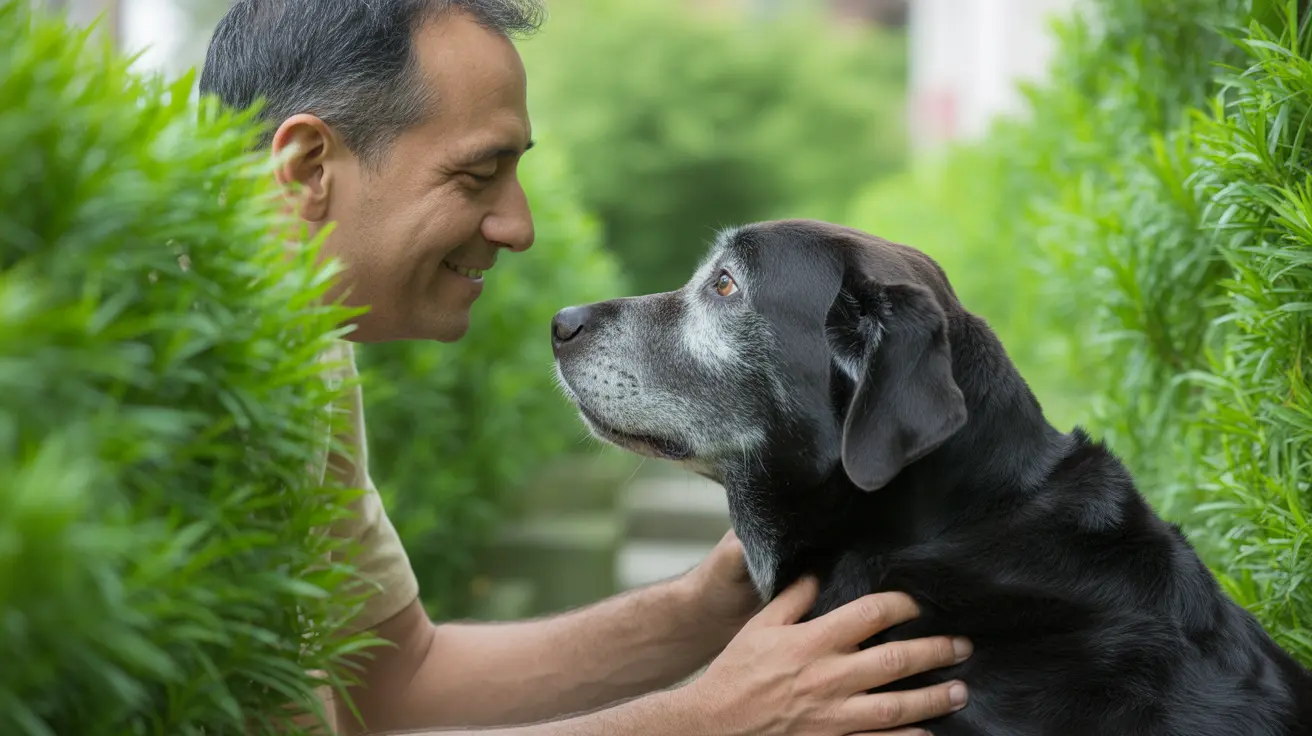The landscape of pet healthcare in Northwestern Ontario is about to transform with the introduction of a pioneering subsidized veterinary care program in Kenora. This innovative initiative aims to break down financial barriers that often prevent pet owners from accessing essential veterinary services, ensuring that more animals receive the preventative care they need.
The Leo Project, spearheading this vital community service, is launching a comprehensive wellness clinic designed to serve pet owners who might otherwise struggle to afford routine veterinary care. This initiative represents a significant step forward in making pet healthcare more accessible to all community members, regardless of their financial situation.
Affordable Vet Services in Northwestern Ontario
The clinic's approach centers on providing a full spectrum of essential pet health services at reduced costs. By focusing on preventative care, the program aims to help pet owners maintain their animals' health while avoiding more costly emergency interventions down the line.
Core Services Offered
- Spay and neuter surgeries
- Vaccinations and boosters
- Microchipping
- Deworming treatments
- Basic health examinations
- Grooming services
Mobile Vet Clinics Serving Indigenous Communities
One of the most innovative aspects of this initiative is its mobile outreach component. The program extends its services to remote areas, including Naotkamegwanning (Whitefish Bay First Nation), bringing essential veterinary care directly to communities that traditionally have limited access to pet healthcare services.
Preventative Veterinary Care Benefits
- Reduces the spread of infectious diseases
- Decreases long-term healthcare costs
- Helps control stray animal populations
- Promotes overall community health
Pet Health Support Programs
The clinic operates on a case-by-case basis, ensuring that assistance reaches those who need it most. Support is available through various channels, including income assistance programs and referrals from social service agencies, making the process as accessible as possible for qualifying pet owners.
Community Impact and Public Health
Beyond individual pet health, this initiative serves a broader public health purpose. By increasing access to veterinary care, the program helps reduce the risk of zoonotic diseases and supports the mental and emotional well-being of pet owners, particularly among vulnerable populations.
Frequently Asked Questions
What services does the Leo Project clinic offer to low-income pet owners?
The clinic provides comprehensive care including spay/neuter surgeries, vaccinations, microchipping, deworming, emergency care, regular health checks, and grooming services. These services are offered at subsidized rates to make them more accessible to disadvantaged pet owners.
How can pet owners qualify for subsidized veterinary care?
Eligibility is determined through income assistance verification, referrals from social service agencies, and individual case evaluations. The program prioritizes keeping pets with their families by making care affordable for those who demonstrate financial need.
What are the community benefits of subsidized veterinary care programs?
These programs contribute to public health by reducing zoonotic disease risks, decreasing shelter intake rates, and supporting the mental and emotional well-being of community members, particularly those in vulnerable situations.
Through initiatives like this wellness clinic, the future of pet healthcare in Northwestern Ontario looks brighter. By making essential veterinary services more accessible, the program helps ensure that financial constraints don't stand in the way of pets receiving the care they need to live healthy, happy lives.






